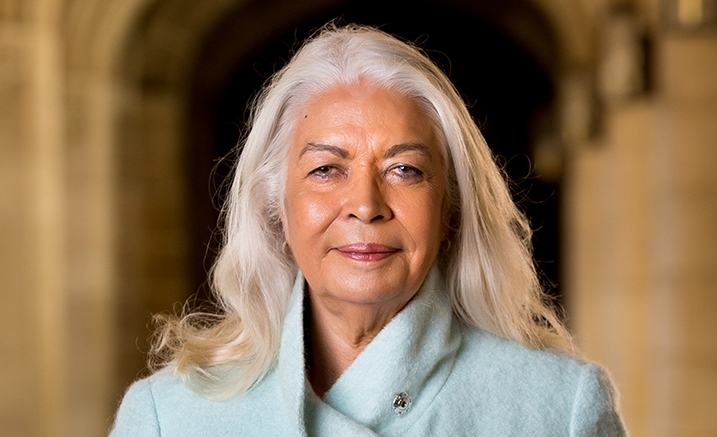An expert is calling for systematic reform of local councils that would see Australia mirror New Zealand’s local government system, with mandatory Indigenous engagement, independent audits and an increase in employment quotas.
The call comes as ABS figures showed a drop in the number of Indigenous Australians employed by local councils and the latest Closing the Gap report found minimal progress has been made in reducing Indigenous disadvantage.
Professor Marcia Langton, foundation chair in Australian Indigenous Studies at the University of Melbourne told Government News that Australia must fundamentally rethink its governance structure to improve Indigenous outcomes by mandating engagement with Indigenous Australians in policy design.
The policy landscape in Indigenous affairs is “very poor,” she says, and only accelerates bad social and health outcomes for Indigenous Australians.
The system is in urgent need of an overhaul, she says, describing programs like the cashless debit card and the CDP as fundamental “failures” for their lack of engagement with Indigenous stakeholders.
“Because the local community is not involved in implementing the policy the policy failed,” she said.
Auckland: a hard act to follow
The Australian Government should follow New Zealand’s example and mandate collaboration with Indigenous communities in local government, promote Indigenous procurement policies and run audits to measure outcomes, she argues.
For the past 10 years, every decision made by authorities at Auckland Council in New Zealand has been measured against benefits for Maori people by the Independent Maori Statutory Board (IMSB), which has full voting rights on each of council’s committees and outsources audits every three years.
Ten years after the board was first created, audits have found dramatically improved outcomes for Maori, with the adoption of a Maori staff and business network, a housing plan, the inclusion of Maori business in council procurement policy and the rollout of bilingual public signage.

The board of nine members has since 2010 been ensuring Maori outcomes are a consideration in all of council’s policies and programs, a dramatic shift away from the previous system, where Maori tribes were left to “navigate the system themselves” and had a predominantly “transactional” relationship with council, according to Brandi Hudson, CEO of the IMSB.
“There were failures on all fronts, [council] had very little knowledge and understanding of what legal obligations they had to Maori beyond obvious ones in court,” she says.
“If there wasn’t the Maori statutory board this council would be very lame. There would be a lack of optimisation of policies and plans and no budget.”
It’s this system of compulsory consultation with Indigenous stakeholders that Professor Langton says Australia should learn from to ensure that local policy delivers on Indigenous outcomes.
“We need to put the emphasis back on local governments and local involvement. We need to engage the local government sector much more,” she says.
Ms Hudson says Australia could learn a lot from Auckland’s governance structure given the parallels between the Indigenous population’s poor health and social outcomes, including high rates of incarceration and mortality.
“I’d be interested to know what Australian local governments think of the board’s legislation and the progress we’ve made, and whether it’s a framework Australia would like to adopt,” she says.
Call for auditing of Indigenous outcomes
The Maori board also mandates auditing of council decisions against Maori outcomes every three years – an example that would dramatically improve Indigenous outcomes in Australia, according to Professor Langton.
Compulsory auditing of council decisions against Indigenous outcomes is particularly crucial to promote accountability in the sector, she says.
“There’s almost no data, no public reporting of outcomes for indigenous community,” she says.
“We need first class evaluation and it’s important in terms of empowering communities to have evaluation built into program.”
Targeted auditing procedures at all levels of government would also ensure that funds allocated for Indigenous affairs are being spent on relevant programs, she argues.
But increasing the public service Indigenous employment quota, which currently sits at 2.6 per cent, is also essential to improve overall outcomes for Indigenous Australians, according to Professor Langton, with data over a ten year period showing a dramatic decline in Indigenous participation in local government.
Comment below to have your say on this story.
If you have a news story or tip-off, get in touch at editorial@governmentnews.com.au.
Sign up to the Government News newsletter.




Leave a Reply